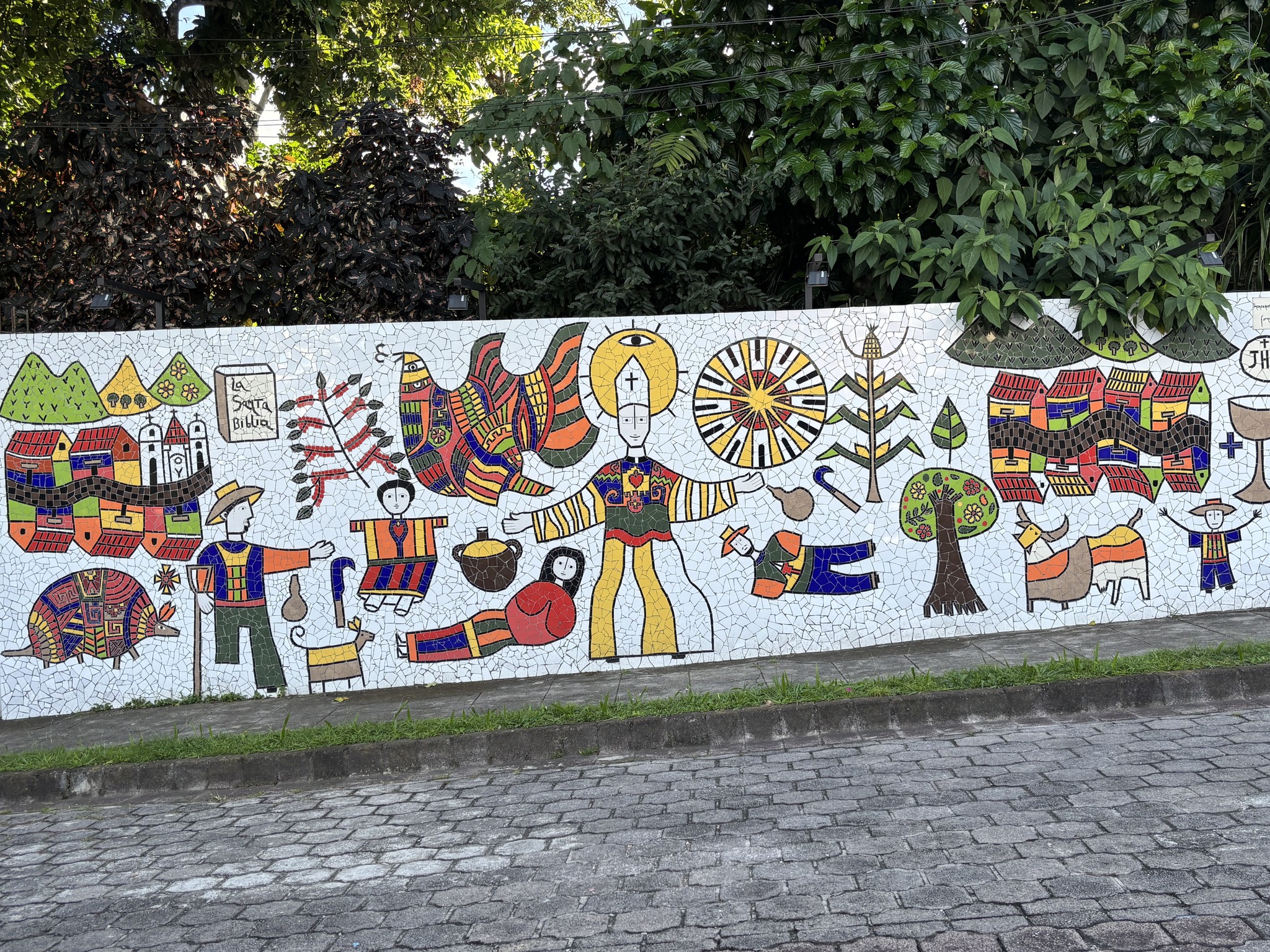Joaquim Magalhães de Castro
After long sessions of torture, Fr. João de Brito and the new converts were sentenced to death, but confirmation from the sethupathi (the local leader) was lacking. They were, however, laid on a laterite rock with very sharp beaks, almost like coarse spikes pointing up from the very flat surface. After having placed the victims on this rock, a few men jumped over them. The heat added to the torture, which became very intense because the rock was exposed to the fiery June sun.
The reader should not see in this description of the mistreatment to which João de Brito and his companions were subjected a moralistic judgment condemning the violence of the Hindu authorities, especially since we do not forget that at the same time Christians exercised similar cruelties against one another, and also in the name of religion. Furthermore, the historian is responsible for interpreting and not judging the facts of the past; therefore, we are interested in highlighting the brutality to which these men were subjected, only to highlight the radicalism of João de Brito’s vocation, who despite all this never wavered in his desire to evangelize the Indians.
It should also be noted that we can also attest to the efficiency of his apostolic work: a simple word would have freed his companions from those torments, but they, firm in the Faith, endured everything in the company of their master without denying the religion to which they had selflessly adhered.
Sudden political changes delayed the execution and then the sethupathi overturned the sentence and decided to interview João de Brito. The missionary was thus able to discourse on Christianity before the court; and as a matter of fact he impressed the ruler but could not get him to authorize him to preach in his territory. João and his companions were expelled and warned that they would be severely punished if they reentered Maravá.
It was then that João de Brito received a message from his Provincial, calling him to his presence. The missionary was still unaware that his work in India would be interrupted for three years.


 Follow
Follow


